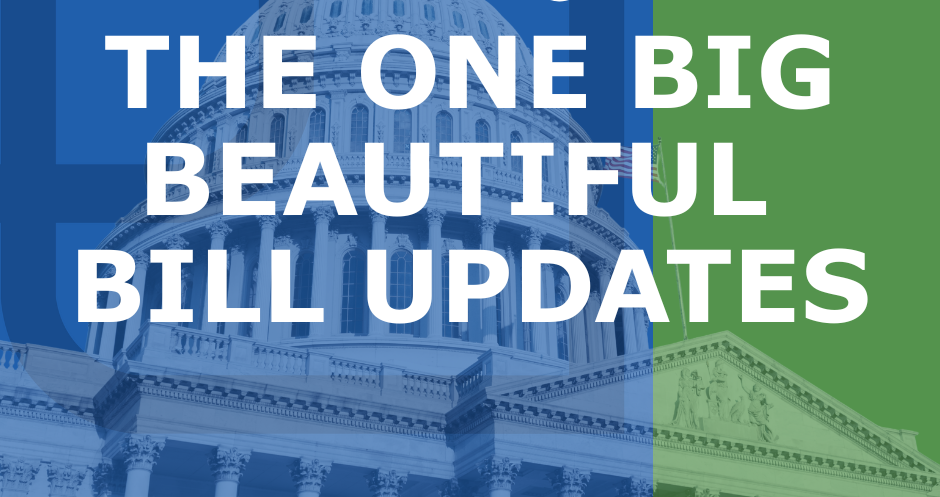The tip credit is a special tax benefit designed for businesses in industries where employees commonly receive tips, such as restaurants, bars, and certain personal care services. When employees receive tips from customers, employers are required to pay Social Security and Medicare taxes (FICA taxes) on those tips, just as they do on regular wages.
The tip credit allows eligible employers to claim a tax credit for a portion of the employer’s share of these FICA taxes paid on employees’ tip income.

This credit helps offset the additional tax burden that comes from employees earning a significant part of their income through tips.
How the Tip Credit Works
Under the tax law, employers must pay their share of Social Security and Medicare taxes on all cash tips that employees receive, as long as the tips are $20 or more in a month. The tip credit is calculated based on the amount of FICA taxes paid on tips that exceed the amount needed to bring an employee’s total earnings up to the federal minimum wage. In other words, the credit applies only to the employer’s share of FICA taxes on tips that are above what is required to ensure the employee is paid at least the minimum wage through a combination of wages and tips.
What Changed Under the One Big Beautiful Bill Act (OBBBA)?
The OBBBA, signed into law in 2025, made several important changes to the tip credit. Most notably, it extended the types of businesses that can benefit from the credit. Previously, the tip credit was mainly available to employers in the food and beverage industry, where tipping is customary. Now, under the OBBBA, the credit is also available to businesses in the beauty and personal care industry, including barbering, hair care, nail care, esthetics, and body and spa treatments, as long as tipping is customary in those services.
Additionally, the OBBBA clarified that the tip credit applies to both cash and charged tips, and to tips received through tip-sharing arrangements. The law also updated the rules to ensure that the credit is calculated using the current federal minimum wage, except for food and beverage establishments, which continue to use the rate in effect as of January 1, 2007.
What Does This Mean for Employers?
For employers in the restaurant, bar, and now beauty and personal care industries, the extension of the tip credit means a larger group of businesses can reduce their tax bills by claiming a credit for the employer’s share of Social Security and Medicare taxes paid on employee tips. This can result in significant tax savings, especially for businesses where tipping makes up a large portion of employees’ income.
Employers must continue to ensure that all tips are properly reported, either by employees or through employer records, and that they pay the required FICA taxes on those tips. The credit is only available for tips that are reported and for which the employer has paid the required taxes. Employers should also be aware of new reporting requirements under the OBBBA, which require more detailed information about tips and the occupations of tip recipients to be included on tax forms and statements provided to employees.
What Does This Mean for Employees?
For employees, the extension of the tip credit does not change how tips are taxed or reported. Employees are still required to report all cash and charged tips to their employer, and both the employee and employer must pay their share of Social Security and Medicare taxes on those tips. The main impact is that employees in the beauty and personal care industry may now work for employers who are eligible for the tip credit, which could help those businesses remain competitive and financially healthy.
How Rudler Can Help
At Rudler, we understand that navigating new tax laws and credits can be overwhelming, especially when changes like those in the OBBBA affect your business. Our team is experienced in helping employers in the restaurant, hospitality, and personal care industries understand and maximize the benefits of the tip credit. We can assist you in reviewing your payroll and tip reporting practices and ensuring compliance with the latest requirements.
Conclusion
The One Big Beautiful Bill Act has expanded the tip credit to cover more industries where tipping is customary, providing valuable tax relief to a wider range of employers. This change recognizes the importance of tips in the income of many American workers and helps businesses manage the tax costs associated with tipped employees. Rudler is committed to guiding you through these changes and ensuring you take full advantage of the opportunities available under the new law. If you have any questions or would like to discuss your specific situation, please contact us for personalized assistance.
Important: These are all new changes, and further guidance from the IRS and Treasury Department is expected. The details may change as new regulations and clarifications are issued. Be sure to consult with your tax advisor to understand how these changes affect your specific situation.
RUDLER, PSC CPAs and Business Advisors
This week's Rudler Review is presented by Alexis Ludtke, CPA.
If you would like to discuss your particular situation, contact Alexis at 859-331-1717.

As part of Rudler, PSC's commitment to true proactive client partnerships, we have encouraged our professionals to specialize in their areas of interest, providing clients with specialized knowledge and strategic relationships. Be sure to receive future Rudler Reviews for advice from our experts, sign up today !